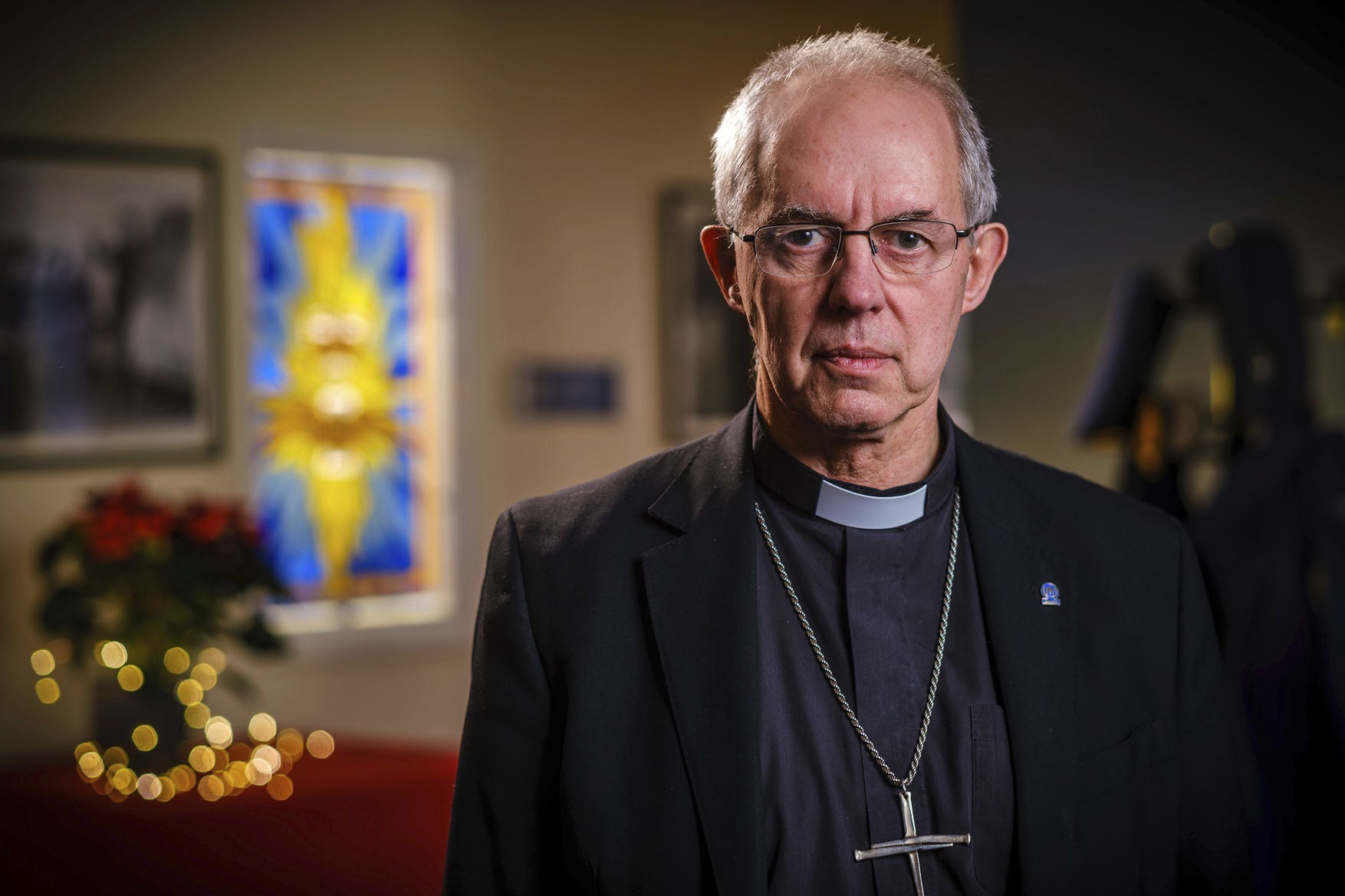Justin Welby vows church ‘must get it right’ on safeguarding
Professor Alexis Jay gave a video message to the General Synod on Saturday.

The Archbishop of Canterbury has insisted the Church of England “must get it right” on how it handles sex abuse allegations as he described the “terrible, dark legacy of the past”.
Justin Welby said he accepted criticism of his own behaviour that he had been “in too much of a hurry” in his support of the church’s Independent Safeguarding Board (ISB).
The board was set up in 2021 as a form of independent oversight on safeguarding but broke down after efforts to resolve a dispute between board members and the Archbishops’ Council failed.
Many of those I spoke to considered the current situation to be an all-time low
Professor Alexis Jay, who chaired the Independent Inquiry into Child Sexual Abuse (IICSA), was then drafted in to develop proposals for a “fully independent structure to provide scrutiny of safeguarding” in the church.
Her report, published earlier this week, recommended that two independent charities should be set up to deliver and oversee safeguarding in the church.
Prof Jay concluded in her report that current church safeguarding “falls below the standards expected and set in secular organisations”.
In a video message to the General Synod on Saturday, she told how survivors had described the situation with safeguarding in the church being at an “all-time low”.
We must move ahead as fast as is wise. There is no instant fix. We must reflect properly on the recommendations we’ve got. We must get it right
While acknowledging there had been efforts to improve things over the years, she said: “The slow pace of change, and the troubled relationship between the church and victims and survivors must also be acknowledged.
“Many of those I spoke to considered the current situation to be an all-time low.”
She described her recommendations as “a package of reforms which, if implemented collectively, will deliver truly independent safeguarding which will be subject to truly independent scrutiny”.
Of the ISB, Mr Welby said: “I personally deeply regret and apologise for the events with the Independent Safeguarding Board, something I’d pushed forward.”
He said he “accepted fully” criticism from the separate Wilkinson review into the ISB breakdown, “that I was in too much of a hurry”.
He added: “I have learned from that. We must move ahead as fast as is wise. There is no instant fix.
“We must reflect properly on the recommendations we’ve got. We must get it right.”
He said the way forward must be centred on “children and vulnerable adults in the future and on handling the terrible, dark legacy of the past”.
Prof Jay’s report included major concerns such as the lack of a uniform complaints system, poor data collection and no independent system of scrutiny.
She recommended the creation of two charities separate from the church – one to deliver church safeguarding and one to provide independent scrutiny of that safeguarding.
The report and its findings were being discussed at day two of General Synod.
Earlier, Synod – which acts as the church’s parliament – voted in favour of a motion asking the Archbishops’ Council to consider the possibility of drawing up a Code of Conduct for Parochial Church Council (PCC) members and lay volunteers.
The measure aims to tackle a “lack of clear accountability” for non-clergy members where there are instances of “uncooperative or aggressive behaviour in meetings over a long period” and where there is currently no way to remove someone from a PCC.
Bookmark popover
Removed from bookmarks